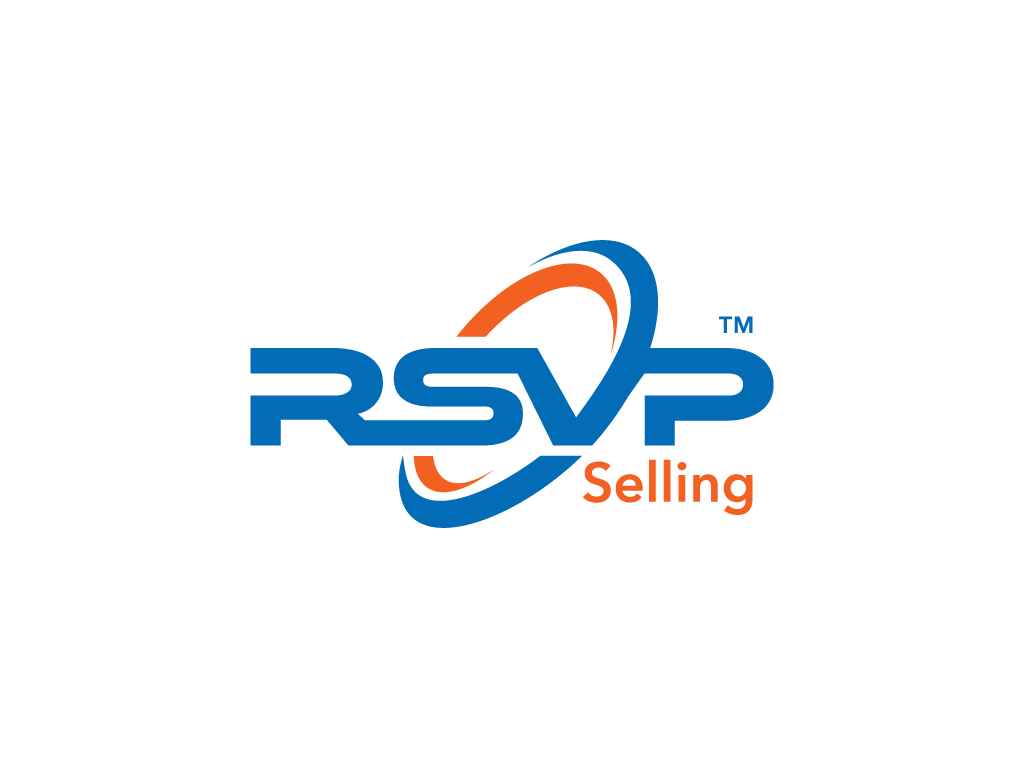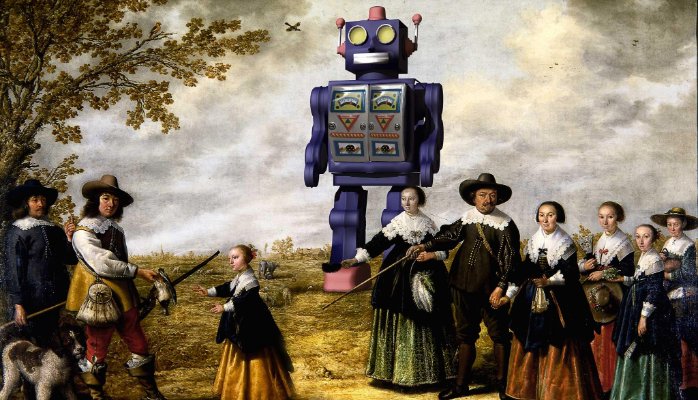I was a keynote speaker along with Andrew Vorster at a conference last month and he delivered a provocative presentation titled: The Rise of the Robots. I believe that automation is taking sales jobs away and I had a coffee with him to ask if sales people are all destined to become extinct sometime soon. Here is his response.
"I get a range of reactions but most importantly I aim to get people to think about their preconceptions so they can decide on the future they are going to create. Hollywood has done a great job over the years entrenching the idea of the inevitability of a future robot apocalypse."
"Arnie’s terminator might be a good guy in the movies but each time the franchise is rebooted, Skynet has managed to foil the pesky humans and there is some other dastardly plan to rid the earth of people and by the end... well, you know it’s not the end and the next sequel will reveal just how futile resistance is."
But is it inevitable?
"We humans essentially all yearn for an easy life and in today’s world, robots are increasingly taking over mundane and routine tasks. The most common form of these are software robots – which most people might not even consider robots at all. As we embrace the opportunities of the Internet of Everything, we allow the software robots to remove friction from simple everyday activities. Examples in my own life are my connected thermostat that adjusts the temperature of my house depending on our habits and will turn on the heating while I commute home based on my location, or my bedroom blinds that open and close based on sunrise and sunset, or my home lighting that reacts to the music I’m playing based on my mood or my front door that unlocks as I approach the house (my next project). These small insignificant but frequent interactions begin to build a complex digital profile of me – a virtual representation of me that makes my life easier."
How far away are digital assistants that will disrupt sellers?
"When Apple introduced Siri, it seemed like a bit of a novelty but we have since seen Google, Cortana and many other “digital assistants” follow suit, all based around fairly simple search and response style constructs. A Kiwi company called MyWave have a digital assistant called Frank which expands on the concept and Frank can potentially start carrying out more complex tasks on your behalf.
Wow, could this automated buying have a disempowering impact on Business-to-business sellers as it matures?
"It's here for B2C today and B2B levels of sophistication are coming. Their demo shows how Frank can help you find a new pair of jeans, based on your brand, style and color preferences; and I have no doubt that in the future this could include an indication of who in your social network has already bought the jeans and maybe Frank could even make alternative suggestions based on what events you are attending from access to your calendar. To some people this might sound a little creepy but I think that over time the cool factor will kick in and the use of digital personal assistants will become more and more commonplace. As adoption increases, so will our expectations of the technology and we will begin to accept that in order for these assistants to become infinitely more useful, they have to become even more like us – they are going to have to “think” like us"
"Moving away from the idea of personal digital assistants, if software hardware it controls “thinks like us” then there is of course much more it can do to help us and it could potentially replace us in many walks of life. For a sobering view of what the future of work might look like, take a look at this article that highlights why men are more vulnerable than women to robot replacement."
"And here comes the warning of the “singularity” – that point in time predicted by the greatest minds on the planet when Artificial Intelligence becomes self aware – or when the distinction between humans and machines is blurred. Indeed, Ray Kurzweil (the founder of MIT’s Media Lab) predicts that by 2030 humans will be directly connected to the cloud – something that just a few short years ago would have sounded insane, but now sounds like something that for many is infinitely desirable."
"Stephen Hawking, Elon Musk and Bill Gates are among the high profile names that are warning of the possible dire consequences of future AI and they have signed an open letter published by the Future of Life Institute calling for careful consideration of the focus and control required in developing this technology."
So, the future sounds like it could be bleak but you and I are optimists. What does the future really hold?
"I’m going to answer your question with the closing statement that I used in my session – the future is not something that happens to us, it is something that we create. If we are all wiped out by killer robots, it will be our own fault – what kind of a future are you building?"
Thanks Andrew Vorster and connect with him here in LinkedIn.
If you valued this article, please hit the ‘like' and ‘share’ buttons below. This article was originally published in LinkedIn here where you can comment. Also follow the award winning LinkedIn blog here or visit Tony’s leadership blog at his keynote speaker website:www.TonyHughes.com.au.
Main image photo from Flickr.




